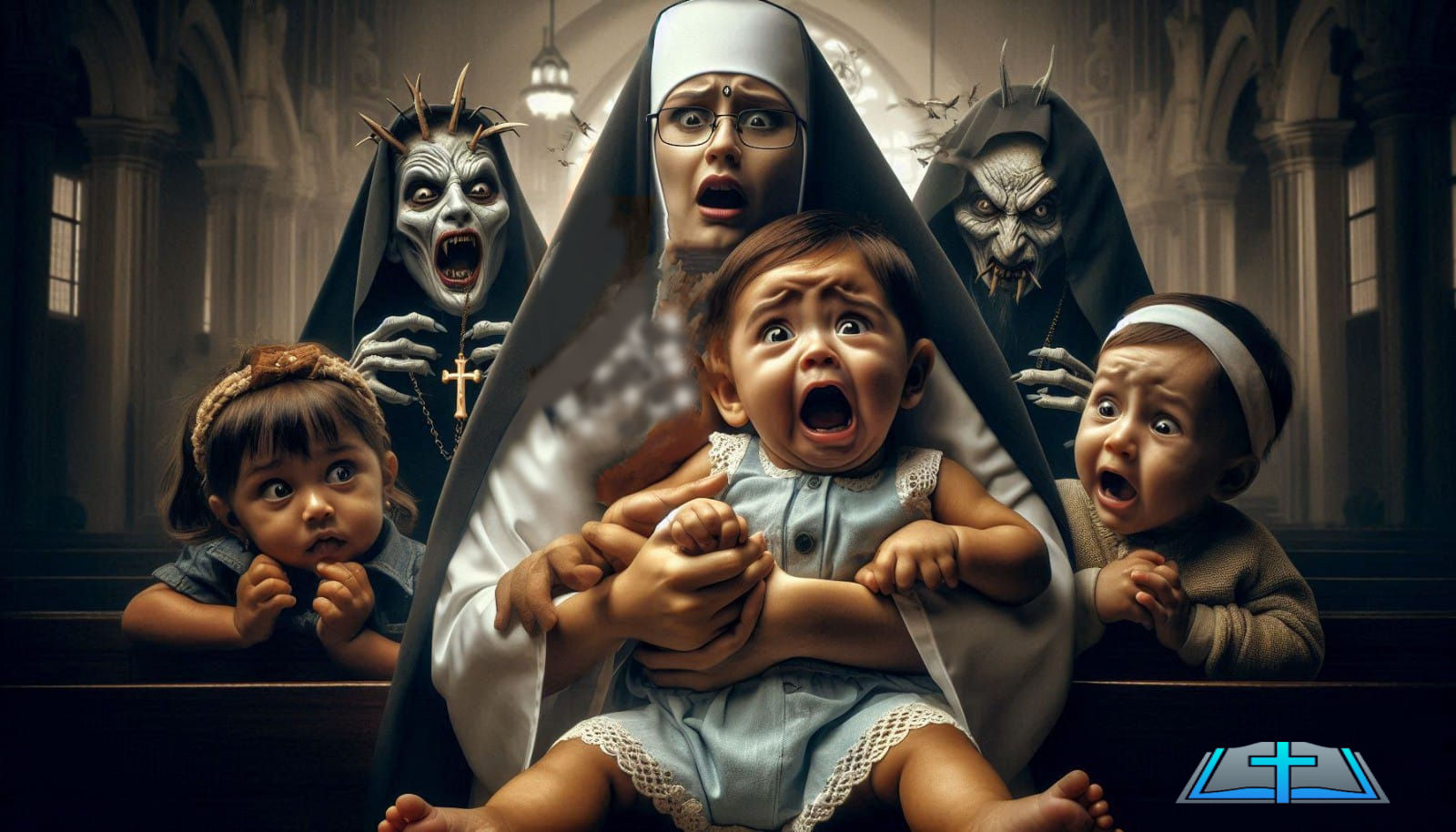
Today, as I was driving through Glasgow, my wife and I discussed an article featured on Sky News titled “International experts join mass grave excavation at former mother and baby home in Ireland.” The article mentioned, “It is hoped that excavation work will lead to the identification of the remains of 796 children who are believed to have died at St Mary’s home between 1925 and 1961.”
I was truly stunned to think that people could take away 796 precious lives. It’s a heartbreaking realisation that stuck with me throughout the day, and I had to write about this.
As God’s Word declares, “I have set before you life and death, blessings and curses. Now choose life” (Deuteronomy 30:19). Our ministry, we stand for the sanctity of every life, from the womb to eternity, believing each soul is precious to our Creator (Psalm 139:13).
Our “Choose Life” stance opposes abortion and champions support for mothers and children, but this recent news about Ireland’s mother and baby homes deepens our resolve. The excavation at St Mary’s Mother and Baby Home in Tuam, where 796 children died between 1925 and 1961, and 9,000 across 18 institutions, reveals a heartbreaking failure to protect the vulnerable.
This tragedy calls us to not only defend life but also offer healing through Christ, as our “Safe Haven” page seeks to do.
From 1922 to 1998, Ireland’s mother and baby homes, run by Roman Catholic orders like the Bon Secours Sisters with state support, housed unmarried mothers shamed by society.
At St Mary’s, Tuam, historian Catherine Corless uncovered records of 796 children—mostly infants—who died from neglect, malnutrition, and disease, their remains buried in unmarked graves, some in a disused sewage system.
Across Ireland, 9,000 children perished in these homes, a loss the Irish government called “appalling” in its 2021 apology.
These institutions, meant to enforce moral standards, often lacked the compassion of Jesus, who embraced the outcast (John 8:1-11) and urged us to care for “the least of these” (Matthew 25:40).
The mothers endured forced adoptions, separation, or stigma, while their children, made in God’s image (Genesis 1:27), were denied dignity.
This history is a sobering reminder of the cost when life is undervalued or the vulnerable abused.
While these homes closed by 1998, replaced by modern agencies like Tusla, their legacy of pain persists.
Survivors and families seek healing, as seen in the ongoing Tuam excavation to identify the 796 children’s remains.
As Christians, we’re called to respond with action and prayer, ensuring every life is protected and every hurting soul finds refuge. Our “Safe Haven” page at bornagainchristians.faith/faith-resources/safe-haven embodies this call, offering resources for those affected by abuse—whether children, adults, or the vulnerable.
As Psalm 82:3 urges, we must “defend the weak and the fatherless; uphold the cause of the poor and the oppressed.” Our page provides trusted links to professional advisors and helplines, reminding all that Jesus offers rest to the weary (Matthew 11:28).
Our “Choose Life” mission and “Safe Haven” vision are two sides of the same coin: defending life and healing those harmed by its disregard.
We pray for mothers to choose life, for churches to support families, and for society to value every soul. We also pray for survivors of Ireland’s homes, that they find God’s peace, which “transcends all understanding” (Philippians 4:7).
Join us in building a safe haven, share our resources, volunteer with life-affirming ministries, or pray for those in need.
Let’s reflect Christ’s love, who is “close to the brokenhearted” (Psalm 34:18), ensuring no one walks alone.
Visit our Choose Life page to stand for life, and explore our Safe Haven page to find or share help and healing in Christ.
